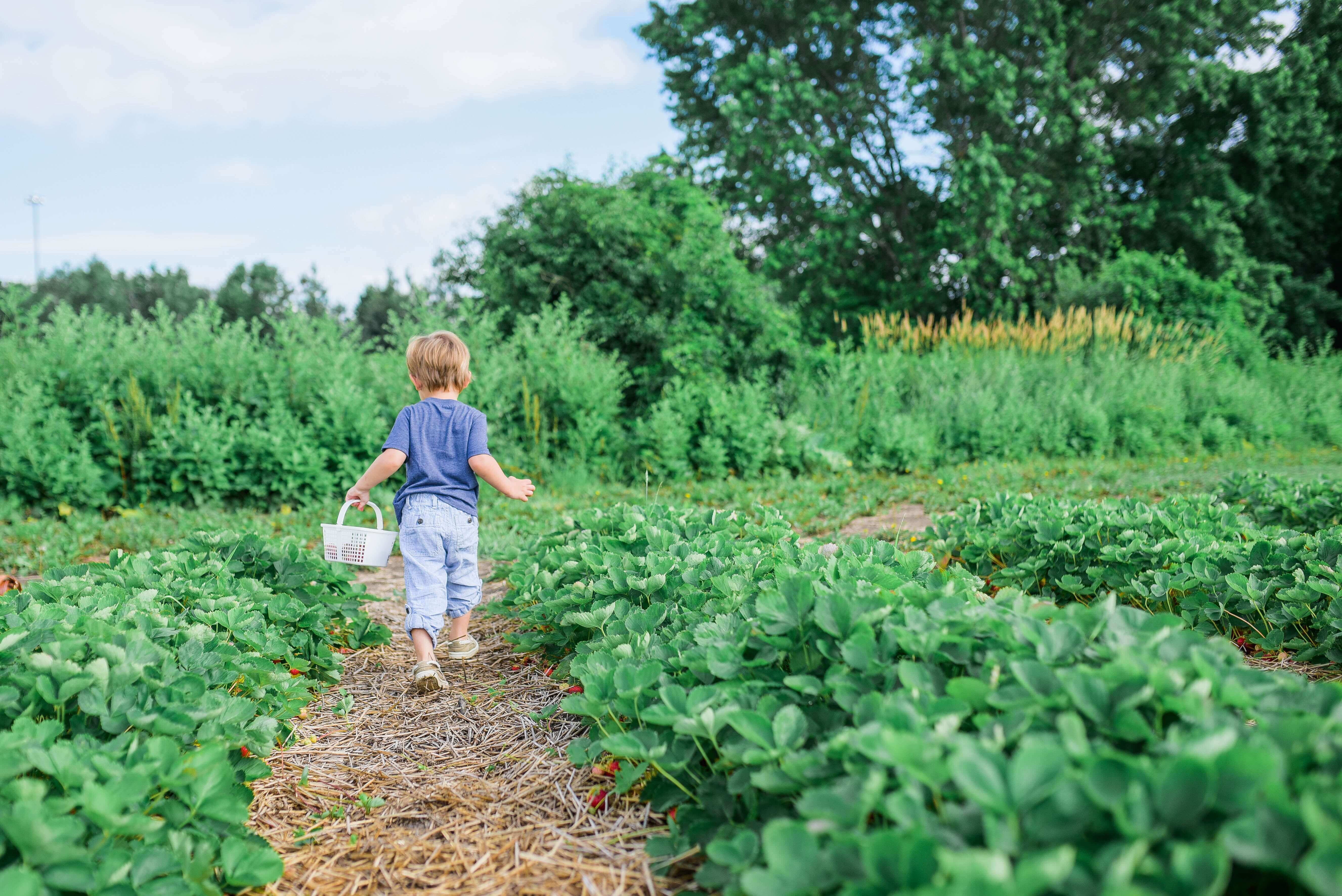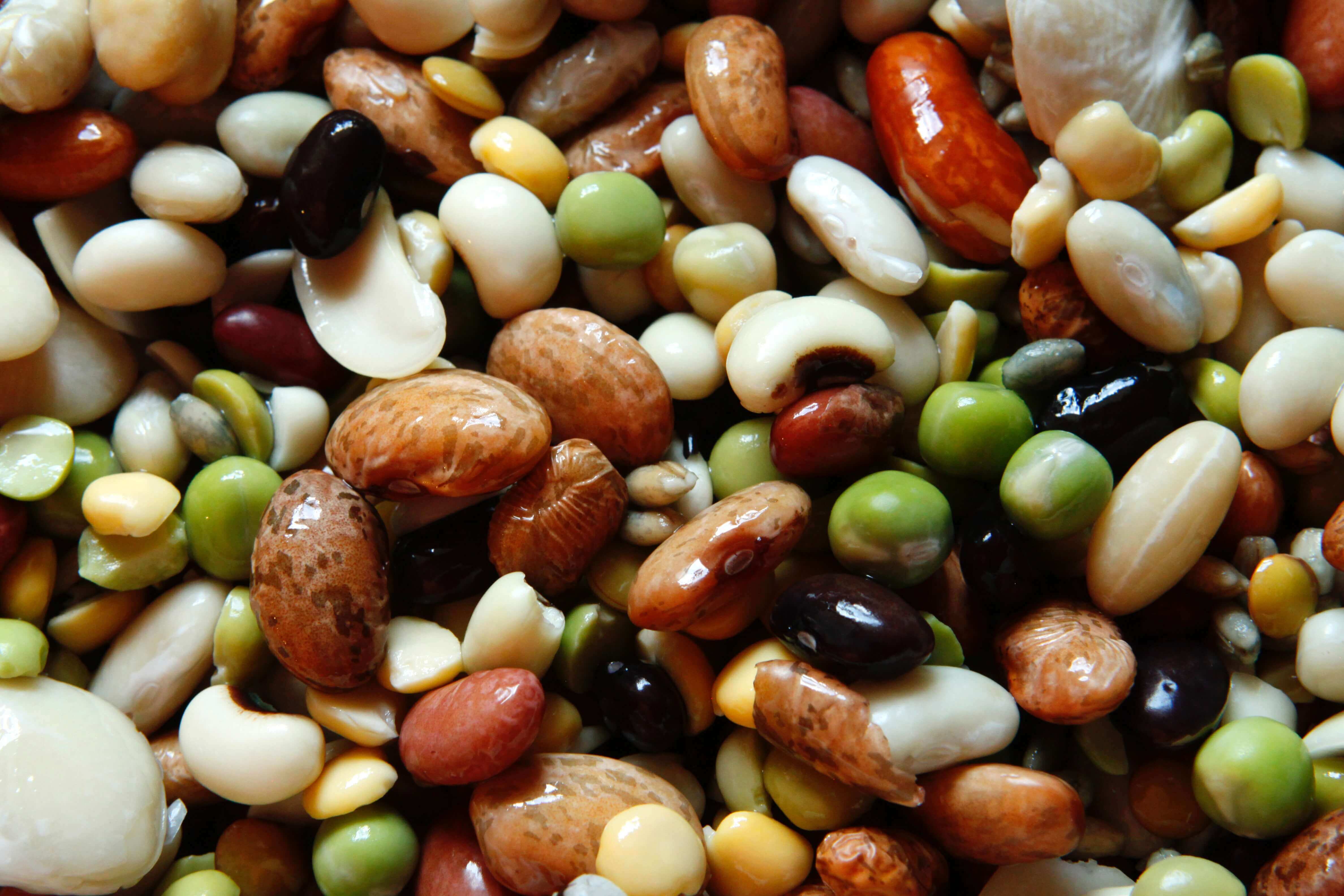
Inhaltsverzeichnis
Live sustainably - 3 steps for newcomers
Some people believe that the first step toward sustainability is brushing their teeth every morning with a bamboo toothbrush. Or buying tons of books on the subject. Or shopping only at packaging-free stores from now on. Or filling their home with all kinds of houseplants—because all of that makes you more environmentally friendly, right?
Don't get me wrong, the examples mentioned are great – but they don't necessarily have to be the things you tackle first. If you're convinced you need to focus more on a new topic – in this case, the sustainability of your lifestyle – you're often full of energy and want to change everything immediately. What can also happen, however, is that you feel overwhelmed and exhausted shortly afterward. It's worth taking things slowly and first getting a sense of your current situation.
Hopefully, the three steps I want to share with you today will help you enter the world of sustainable living.
1. Make sure you're okay
You probably know the safety instruction when flying: "Pull the oxygen mask toward you and press the opening firmly over your mouth and nose. Then help any children traveling with you." This principle applies not only in the airplane, but also to everything else we want to address. If you have your own basic needs If you can't secure your own food, you don't have to delve into sustainability in detail. Unfortunately, it still happens all too often that committed environmentalists blame and criticize others for doing nothing or not enough for the environment. A person who already struggles to make ends meet or lacks access to sustainable alternatives should not feel bad (have to) if they don't act sustainably. Of course, we're doing quite well by international standards, but that doesn't mean that none of us are experiencing financial difficulties or other fundamental worries.
I also experienced this myself when I first started thinking about sustainability: At public events or on vacation, I preferred not drinking water at all rather than drinking water from plastic bottles. Of course, that's not healthy at all and ultimately doesn't help anyone.
So the first priority is always to take care of yourself. If you're not feeling well emotionally, mentally, or physically, it's much more important to take care of yourself first before addressing issues like environmental protection, sustainability, or the zero-waste lifestyle. And do so without a guilty conscience. :)
2. Focus on where you are right now
A small Inventory Your current habits and lifestyle will help you identify where to start and what you might be able to improve. For example, you can spend a week observing how and what you shop, which plastic products you use, what your food supplies look like, whether you're driving unnecessary distances, what and how much you throw away, etc.
It is best to make a short noteas soon as you notice something, so you don't immediately forget it. At the end of the week, you can then convert your notes into a list of suggestions for improvement and ideas.
Apart from that, we tend to equate our “Day 1” with “Day 100” or even “Day 1000” from others to compareA basketball player who has been playing professional basketball for a decade is naturally on a completely different level than someone who shot at a basket for the first time yesterday. And that applies not only to sports, but to virtually all activities.
It's great to draw inspiration from people we admire or who are more advanced than us. We just have to be careful not to compare ourselves too much or to belittle and put ourselves down.
If you know where you currently stand and what your daily routine looks like, you can build on that and start right there. And remember: Everyone follows their own individual path at their own pace, and that's a good thing!
3. Find your motivation
Behind everything we do there is a motivationThis motivation is more often than we would like, externally controlled, or serves to guarantee security and comfort. "Why" When we have a belief system that is based on deep conviction and is intrinsically motivated (i.e., motivated by ourselves), it's easier for us to tackle and achieve things. Wanting to lose weight because of a certain body image prevalent in society, for example, is an external motivation that will make it difficult for us to actually lose weight. A more advantageous motive might be wanting to lose weight to do something good for our body and to be healthy.
When it comes to sustainability, it is also important to have a strong “why” behind your actions. This can be anything: From “I want to help save the world" above "I want to give my grandchildren the best possible life" up to "I want to create a simpler home that I don't have to clean as often”. Regardless of whether your “why” is socially “big” (in the sense of “important”) or “small” (in the sense of “unimportant”): The decisive factor is that the motivation from you comes from and has meaning for you.
The path to a sustainable, environmentally friendly life is long and cannot be accomplished overnight. There will certainly be phases in which you are not satisfied with your progress, in which life throws obstacles in your way, or in which other people make life difficult. For example, there may be people around you who do not understand why you do certain things or have different beliefs. Who feel threatened or triggered by our actions. In such moments, you quickly begin to doubt yourself. doubt or thinks “It would be easier if I just stopped doing this…”.
However, if you have defined a powerful “why” that you can remember during these times, it will be easier to continue and not be too “distracted” by external influences. If the “why” leads to a deep conviction it is much easier to stay true to yourself and your decisions and to stick to something.
If you would like to learn more about sustainability, mindfulness or healthy eating, take a look here over.
 Photo by Heather McKean on Unsplash
Photo by Heather McKean on Unsplash



























Leave a comment
This site is protected by hCaptcha and the hCaptcha Privacy Policy and Terms of Service apply.